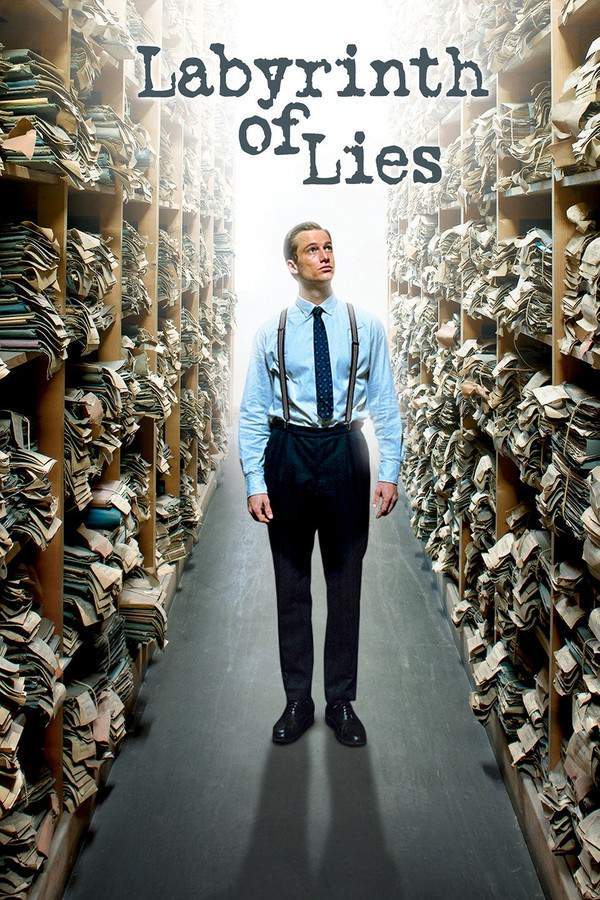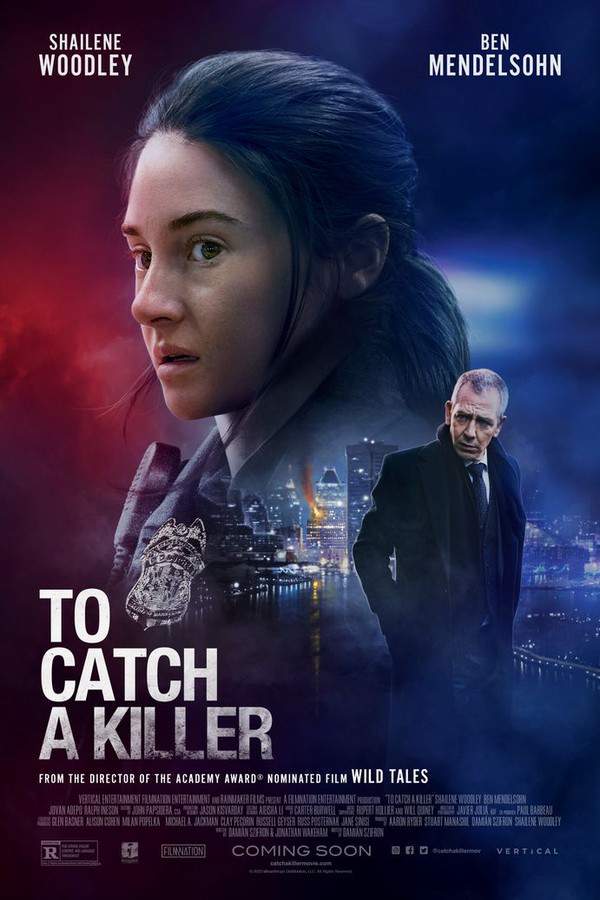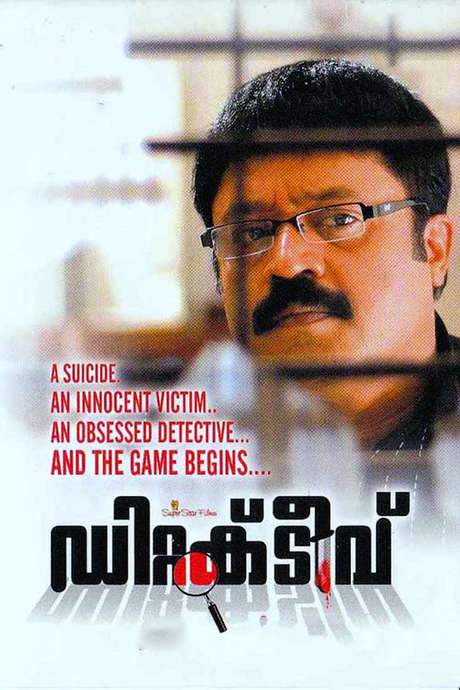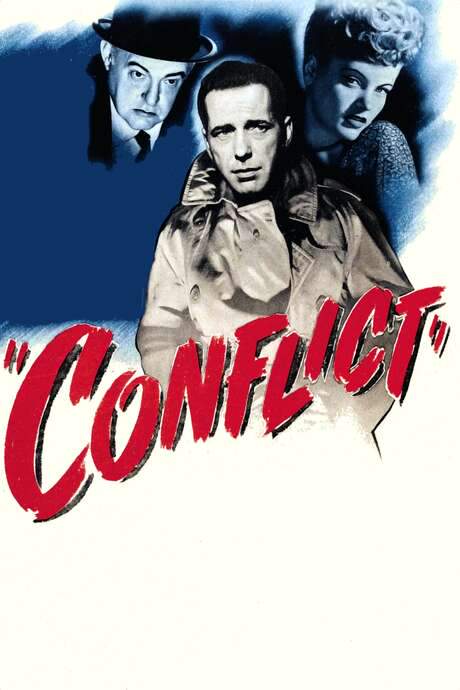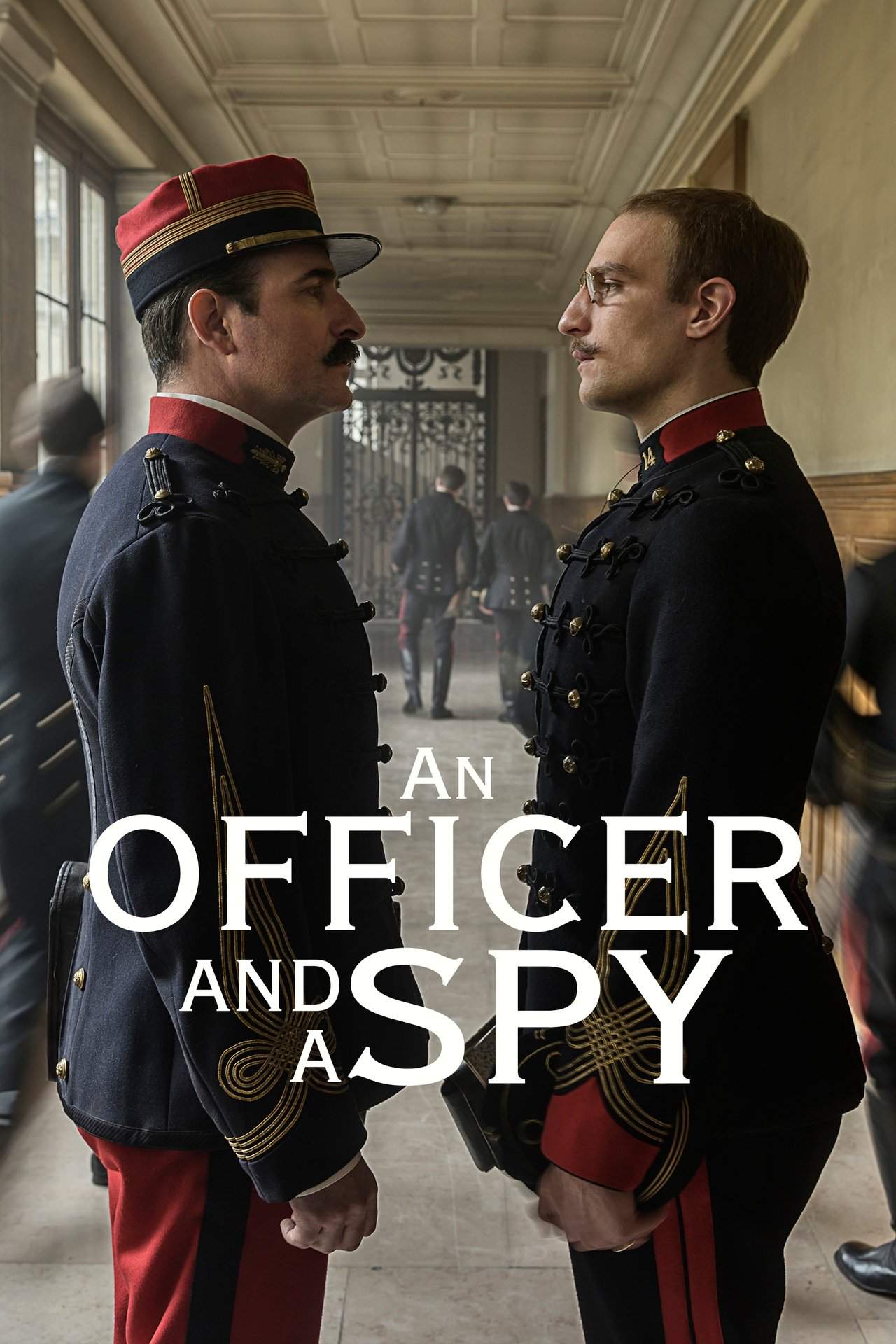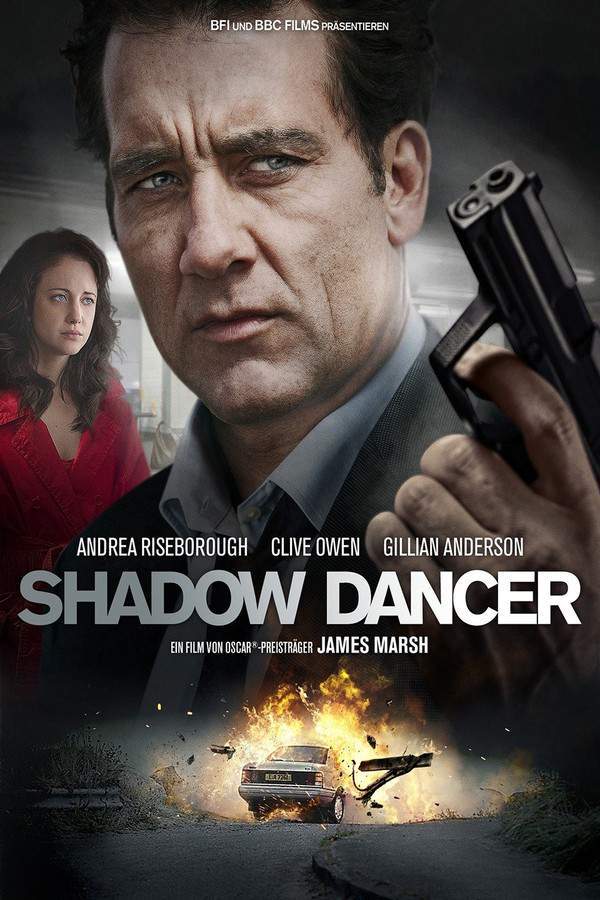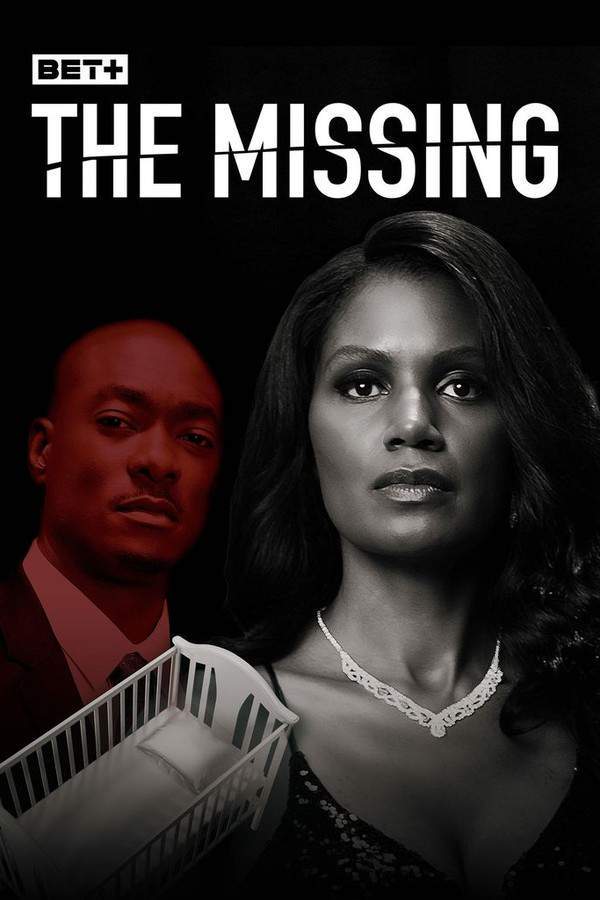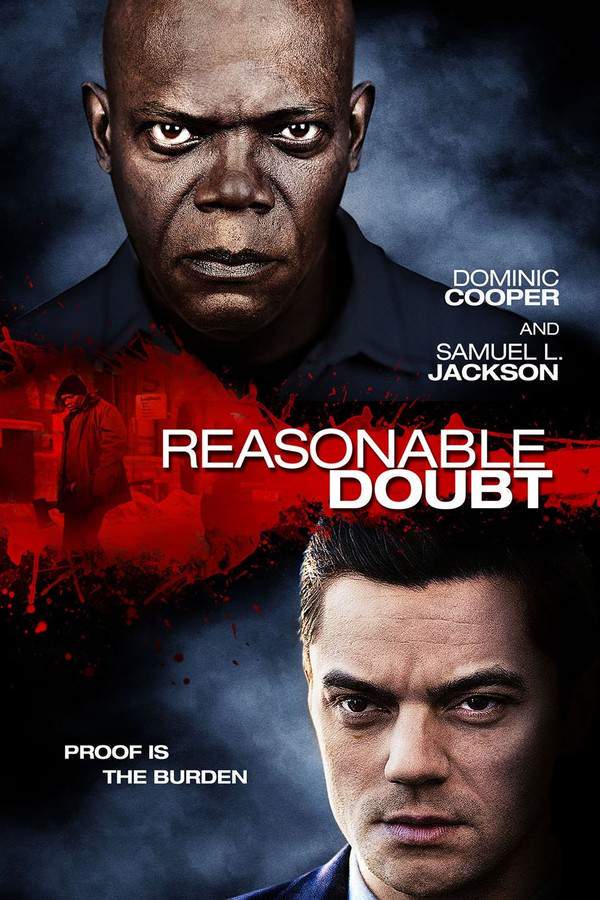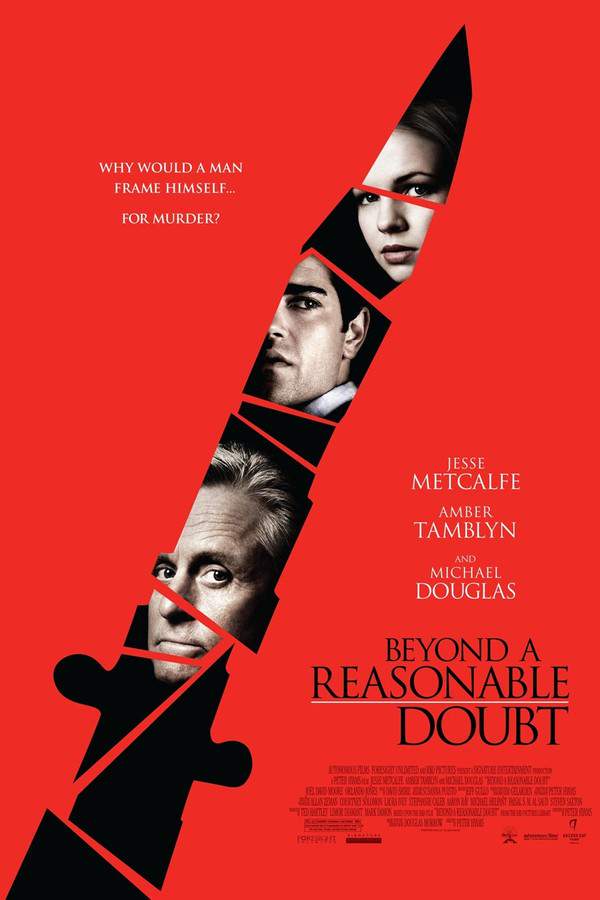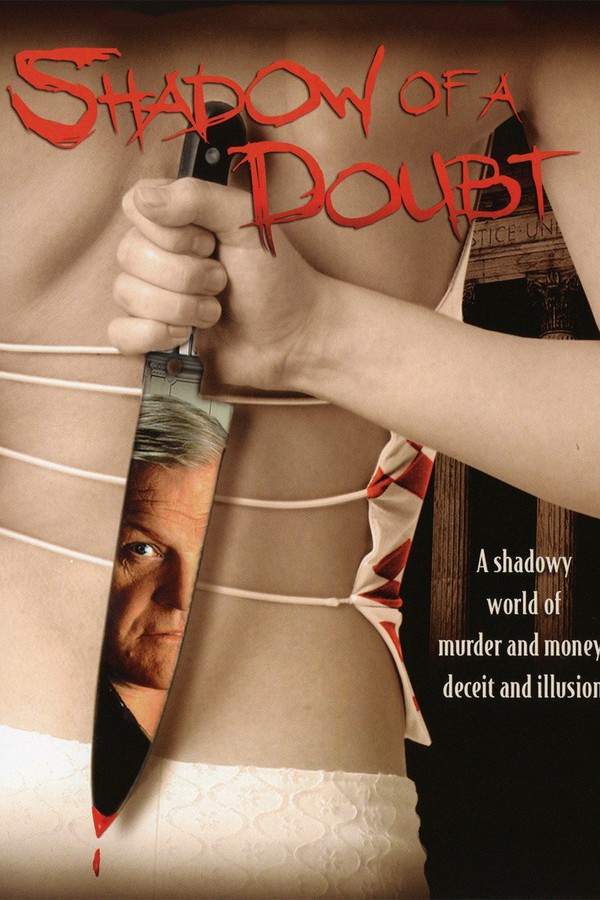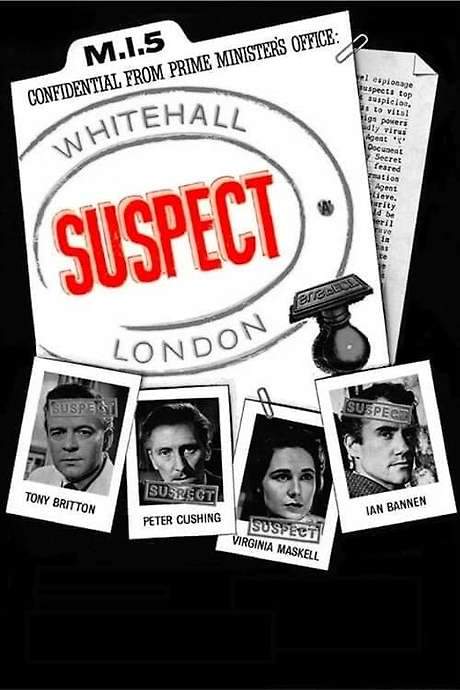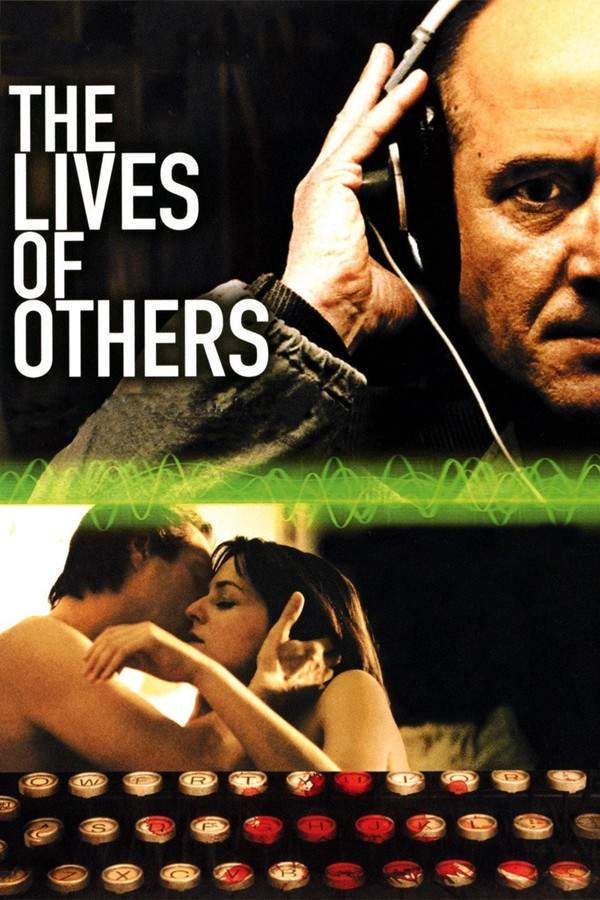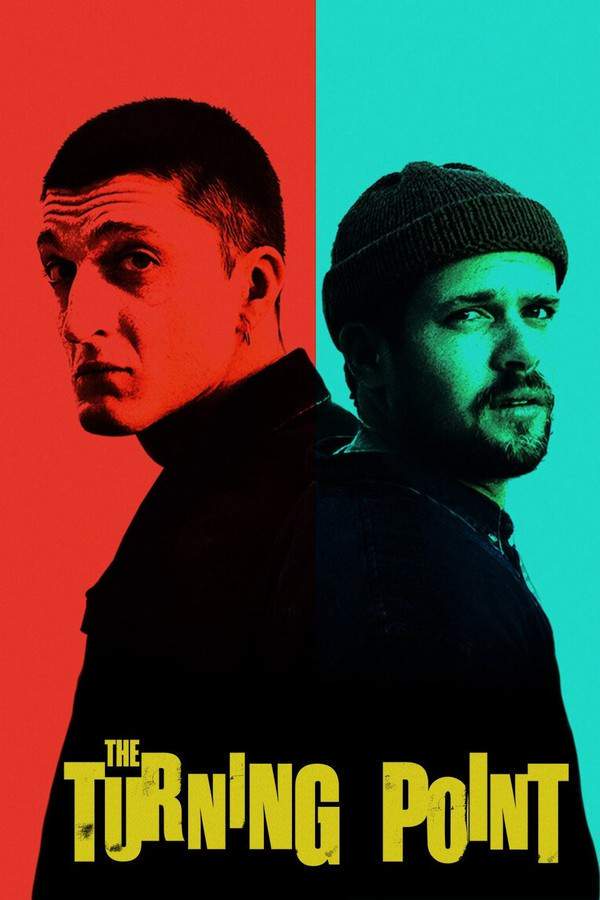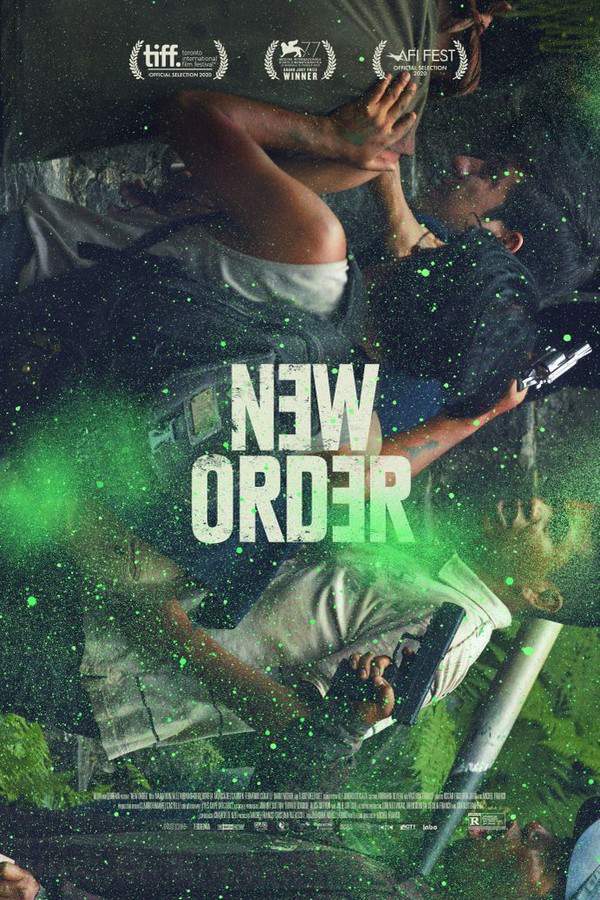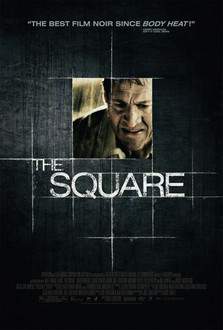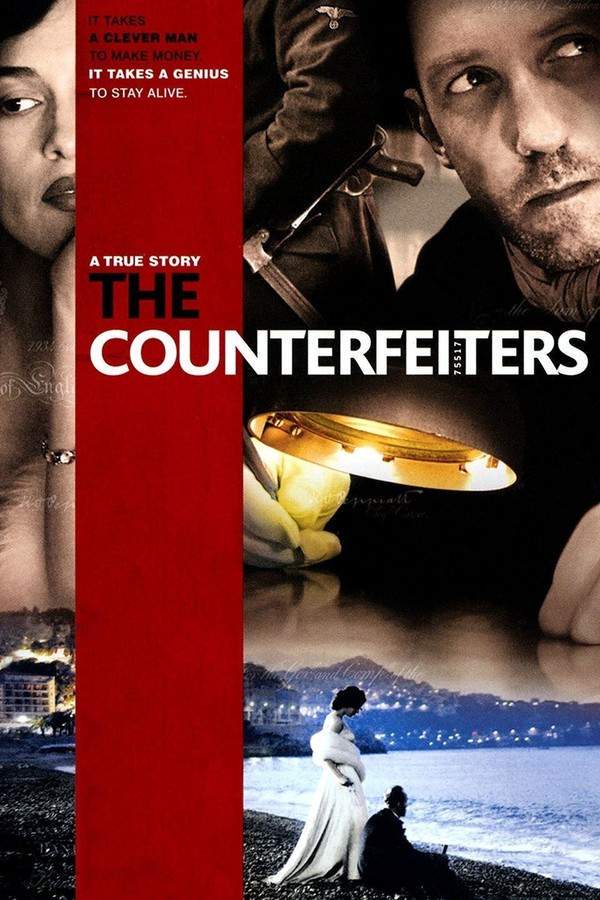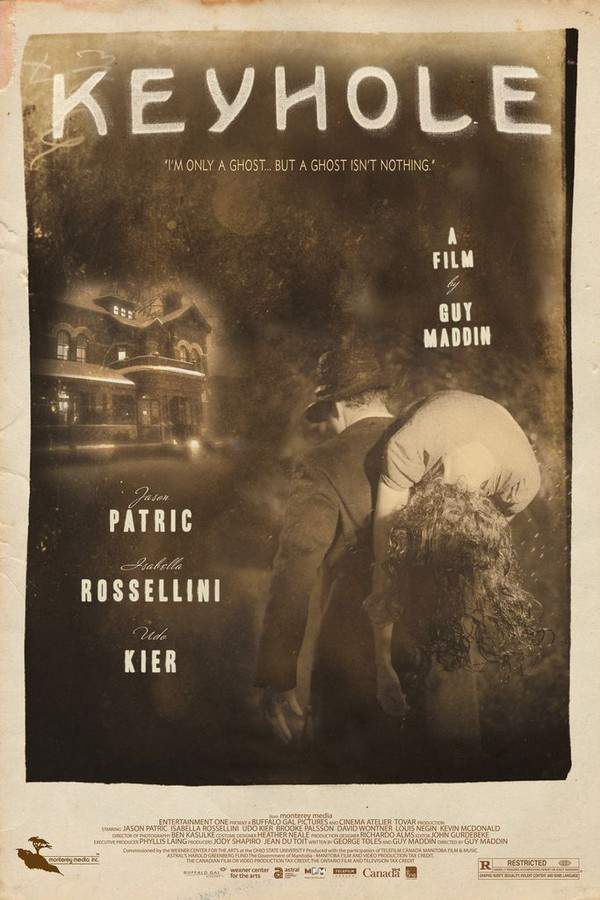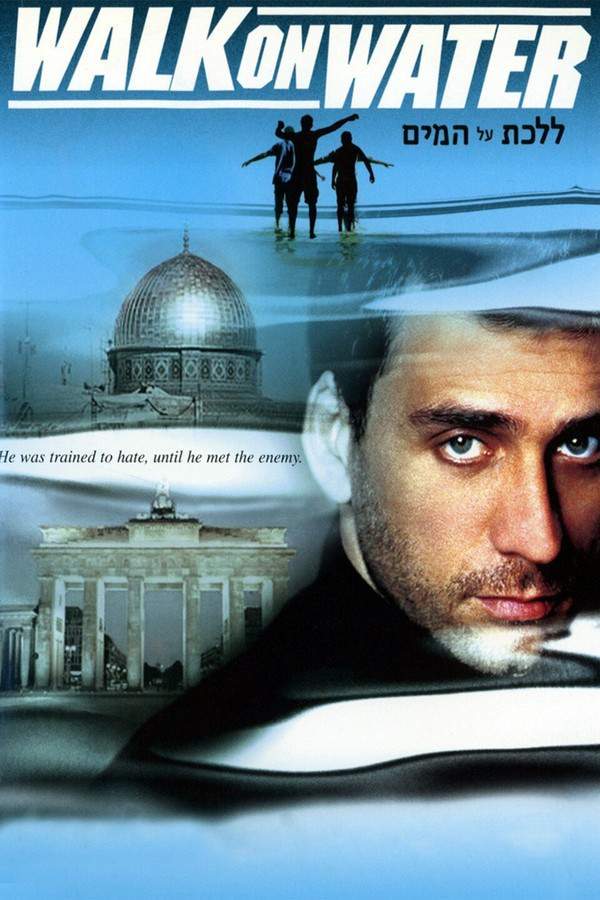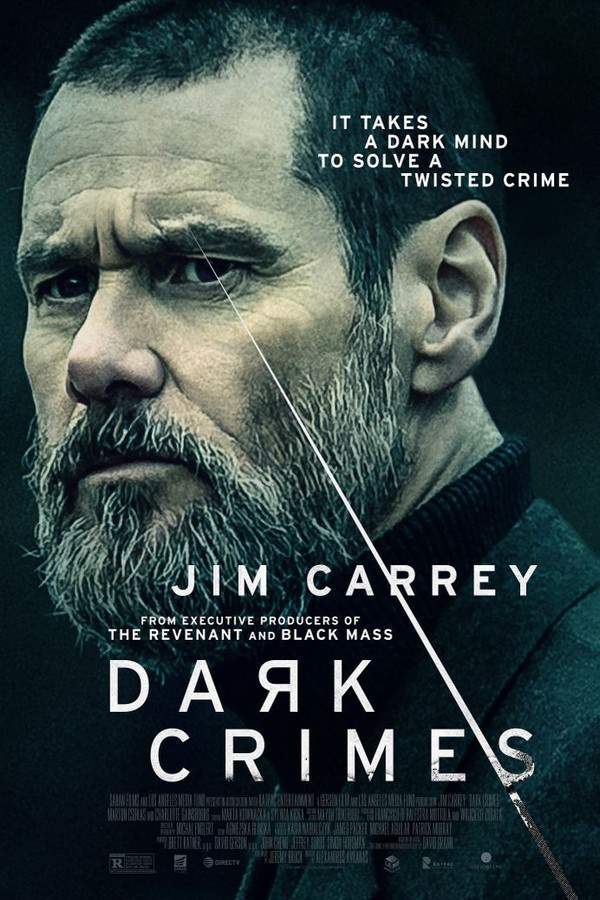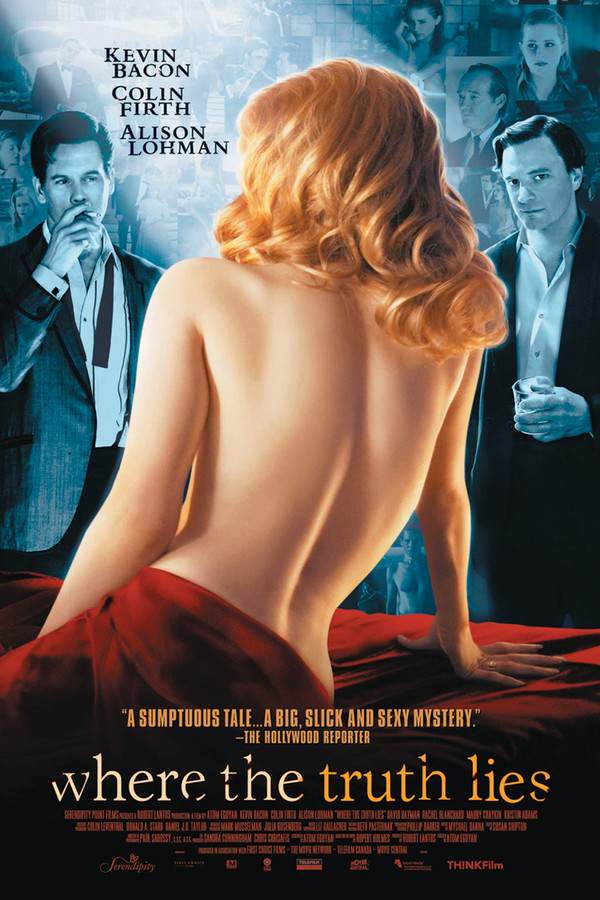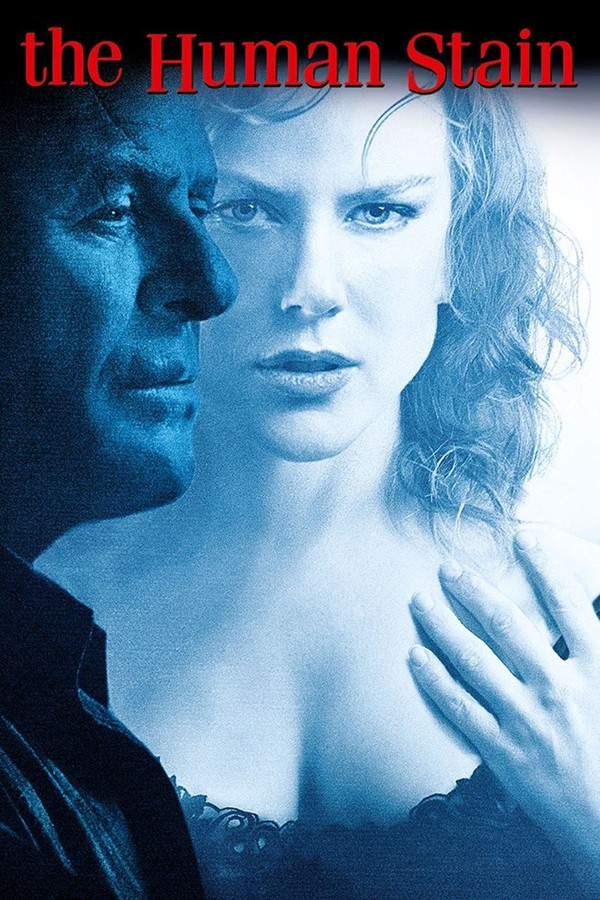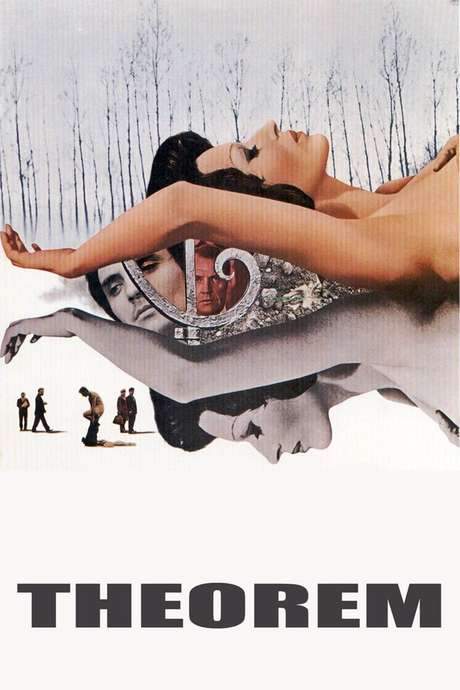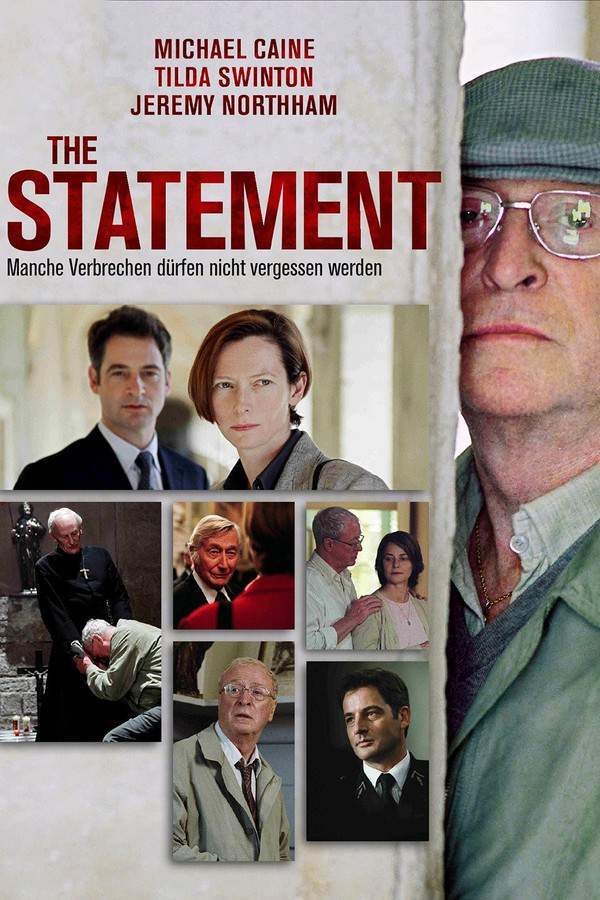
The Statement
Year: 2003
Runtime: 120 min
Language: English
Director: Norman Jewison
Budget: $27M
Following the aftermath of war, a determined magistrate and a resolute colonel launch a dangerous mission to apprehend a former collaborator who has concealed their identity. Their pursuit exposes long-buried secrets and challenges their convictions as they confront complex moral questions. As the truth emerges, loyalties are questioned, and the distinction between justice and potential redemption becomes increasingly unclear in this suspenseful drama.
Warning: spoilers below!
Haven’t seen The Statement yet? This summary contains major spoilers. Bookmark the page, watch the movie, and come back for the full breakdown. If you're ready, scroll on and relive the story!
Timeline & Setting – The Statement (2003)
Explore the full timeline and setting of The Statement (2003). Follow every major event in chronological order and see how the environment shapes the story, characters, and dramatic tension.
Last Updated: October 22, 2024 at 22:02
Main Characters – The Statement (2003)
Meet the key characters of The Statement (2003), with detailed profiles, motivations, and roles in the plot. Understand their emotional journeys and what they reveal about the film’s deeper themes.
Last Updated: October 22, 2024 at 22:02
Major Themes – The Statement (2003)
Explore the central themes of The Statement (2003), from psychological, social, and emotional dimensions to philosophical messages. Understand what the film is really saying beneath the surface.
Last Updated: October 22, 2024 at 22:02
Explore Movie Threads
Discover curated groups of movies connected by mood, themes, and story style. Browse collections built around emotion, atmosphere, and narrative focus to easily find films that match what you feel like watching right now.
Movies about investigating historical crimes like The Statement
Investigations into historical atrocities that uncover systemic corruption and moral decay.For viewers who liked The Statement, this list features similar movies about uncovering historical atrocities and war crimes. These tense investigative thrillers explore the grim legacy of the past, political cover-ups, and the moral ambiguity of seeking justice decades later.
Narrative Summary
Narratives typically involve a present-day investigation that gradually peels back layers of official secrecy and personal denial surrounding a historical event. The protagonist faces institutional resistance and personal danger, leading to a climax that often reveals the widespread nature of the crime and the fragility of justice.
Why These Movies?
These movies are grouped together because they share a central focus on the process of investigating a dark historical event, generating suspense from the uncovering of secrets rather than action. They feature a heavy emotional weight, a tense tone, and often a bittersweet or bleak conclusion about the nature of truth and redemption.
Morally complex chase thrillers like The Statement
Pursuits where the chase raises more ethical questions than it answers.If you enjoyed the tense cat-and-mouse game and moral dilemmas in The Statement, explore these films. They feature determined pursuers hunting elusive fugitives, but the chase is complicated by questions of guilt, redemption, and the corrupt systems that protect the guilty.
Narrative Summary
The narrative structure is a classic cat-and-mouse chase, but it is deepened by parallel character arcs. The pursuer's convictions are tested, while the fugitive's past and humanity are gradually revealed. The conflict forces all parties to confront difficult truths, leading to an ending that questions the very nature of the justice being sought.
Why These Movies?
Movies in this thread are united by their use of the pursuit thriller format to explore weighty themes of guilt, complicity, and justice. They share a high-intensity, tense atmosphere, a steady pacing that builds suspense, and a conclusion that leans towards the bittersweet or ambiguous, prioritizing thematic resolution over tidy closure.
Unlock the Full Story of The Statement
Don't stop at just watching — explore The Statement in full detail. From the complete plot summary and scene-by-scene timeline to character breakdowns, thematic analysis, and a deep dive into the ending — every page helps you truly understand what The Statement is all about. Plus, discover what's next after the movie.
The Statement Summary
Read a complete plot summary of The Statement, including all key story points, character arcs, and turning points. This in-depth recap is ideal for understanding the narrative structure or reviewing what happened in the movie.

The Statement Timeline
Track the full timeline of The Statement with every major event arranged chronologically. Perfect for decoding non-linear storytelling, flashbacks, or parallel narratives with a clear scene-by-scene breakdown.

The Statement Spoiler-Free Summary
Get a quick, spoiler-free overview of The Statement that covers the main plot points and key details without revealing any major twists or spoilers. Perfect for those who want to know what to expect before diving in.

More About The Statement
Visit What's After the Movie to explore more about The Statement: box office results, cast and crew info, production details, post-credit scenes, and external links — all in one place for movie fans and researchers.

Similar Movies to The Statement
Discover movies like The Statement that share similar genres, themes, and storytelling elements. Whether you’re drawn to the atmosphere, character arcs, or plot structure, these curated recommendations will help you explore more films you’ll love.
Explore More About Movie The Statement
The Statement (2003) Plot Summary & Movie Recap
The Statement (2003) Scene-by-Scene Movie Timeline
The Statement (2003) Spoiler-Free Summary & Key Flow
Movies Like The Statement – Similar Titles You’ll Enjoy
The Lives of Others (2006) Full Movie Breakdown
The Turning Point (2022) Detailed Story Recap
New Order (2021) Complete Plot Breakdown
The Square (2010) Spoiler-Packed Plot Recap
The Counterfeiters (2008) Full Movie Breakdown
Keyhole (2012) Plot Summary & Ending Explained
Walk on Water (2005) Full Movie Breakdown
Dark Crimes (2018) Plot Summary & Ending Explained
Where the Truth Lies (2005) Complete Plot Breakdown
The Human Stain (2003) Detailed Story Recap
Shock to the System (2006) Full Movie Breakdown
The Invincibles (1994) Complete Plot Breakdown
Theorem (1968) Detailed Story Recap
Another Man (2008) Movie Recap & Themes
The Man Who Lies (1968) Complete Plot Breakdown

